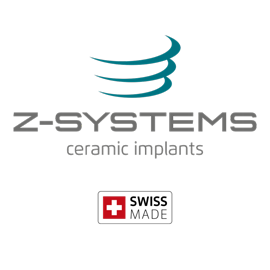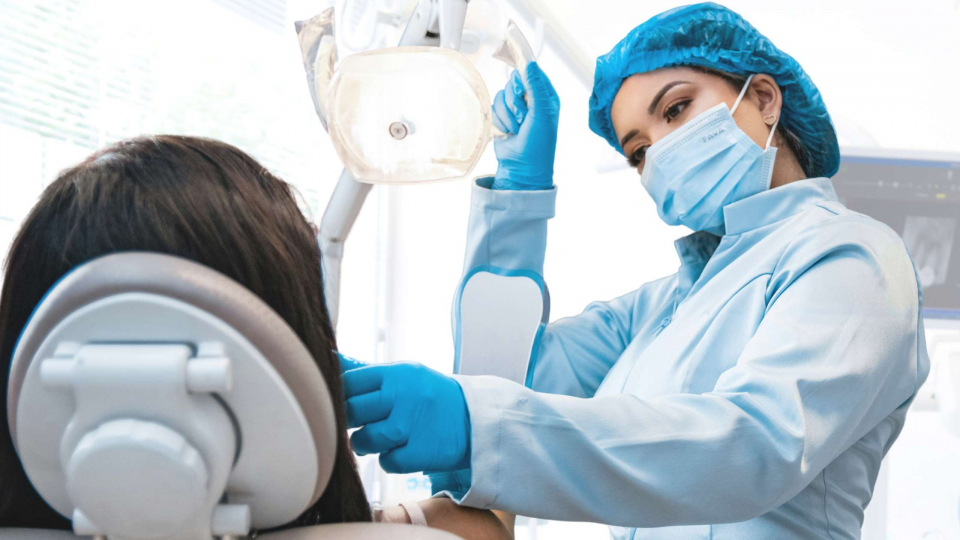When a dental implant is placed in your mouth, it actually becomes a part of your body.
It fuses to your bone. It's embedded into your oral tissues. It gains direct access to your bloodstream. For better or worse, it becomes a part of your body's ecosystem.
So, how will my body react to this newcomer?
I was given answers like, 'success rates are high,' or 'reactions to metal are rare,' or the even less comforting, 'every patient is different.'
As I wallowed in pseudo-answers, I decided to begin my own research. I spent a couple of hours a night for months, reading case study after case study. Article after article.
After way overdoing it (a tendency of mine), the truth emerged and I got my answer. I knew what I had to do for my body.
And it was not what my doctors had recommended.
John’s unlikely story
One article that caught my attention was the case study of a 69-year-old man (we'll call him John).
In 2008, John had two titanium dental implants placed.
In 2010, John injured himself and had 6 titanium screws put in his leg, that were scheduled to be removed a year later.
Shortly after this procedure, John developed a serious case of eczema on his upper body. Eczema is a painful condition that causes skin to become irritated, itchy, and inflamed.
John went to a dermatologist and was tested for all kinds of allergies, including Titanium, which came back negative. He suffered through the rest of the year on anti-inflammatories and skin creams, neither of which offered much relief.
6 months later, John returned for his second leg procedure, the removal of the titanium screws. To John’s surprise, in the days that followed, his eczema started getting better.
Day by day it improved until it was around 50% gone. Then it stopped making progress. John had a hunch why.
He turned his attention toward his dental implants and by the end of 2012, he’d had both successfully removed. And, as predicted, his eczema cleared immediately and completely.
Two reasons I was interested in John
It’s clear that John was allergic to titanium, BUT what’s strange is that:
His skin test came back negative for a titanium allergy.
Before the screws were placed, the titanium from his implants hadn’t caused any outward allergic reactions.
So, what does that tell us?
Just because your skin can tolerate metal does not mean the inside of your body can tolerate metal.
The absence of outward symptoms does not equal the absence of allergy.
Dodging a bullet
When the six screws were placed, John developed a reaction we commonly associate with allergies - eczema. It’s what put the possibility of an allergy on his radar.
But sometimes reactions aren’t so obvious. Some titanium allergies lie dormant for years and when they do show up, they manifest in all kinds of sneaky ways - chronic fatigue, cognitive impairment, depression, fibromyalgia, arthritis... Even neurological diseases like MS and Parkinson’s have been linked to titanium allergy.
In John’s case, it’s likely that the screws in his leg pushed his allergy to the point of causing eczema - which may have dodged him a bullet.
Because if he’d developed depression, would he have considered it a possible allergic reaction? Doubtful.
If fatigue began to overpower him, would he think removing his dental implants might help? I’m gonna say no.
We don’t generally think of these kinds of symptoms as allergic reactions. Which means if John hadn’t developed eczema, he may have lived the rest of his life with an undiagnosed titanium allergy and whatever symptoms his dental implants brought on.
John found a solution
When John made the decision to have his titanium implants removed, he didn’t want to leave holes where the implants used to be. Living out that reality is no picnic either.
But replacing them with another type of metal would have been another nonviable option. You see, the reason metal is capable of impacting our bodies so dramatically is because it decays.
As it breaks down, metal particles are released into our bloodstreams and travel throughout our bodies - causing reactions and making symptoms extremely difficult to trace back to the source.
Dr. Marilyn Jones, expert in the field of implant dentistry and owner of Houston Biological Dentist, says most patients nor their doctor recognize the harm an implant is causing:
“You would only notice if the patient had outward symptoms and the implant was removed. But most patients never know their implant is oxidizing and corroding, they just slowly let the leached toxins into the body, unaware of any issues. So most doctors never knew their implants could be a potential health risk.”
Lucky for us, a safer alternative does exist. John replaced his titanium implants with implants made of Zirconia (ceramic), which is a hypoallergenic material that’s completely metal-free.
No metal means no decay, meaning implant particles stay localized and aren’t released into your bloodstream (i.e. the effect on your body’s ecosystem is miniscule).
Dr. Jones says of Zirconia implants,
“They don’t have the oxidizing and corroding issues that are associated with titanium dental implants. That means for you, the patient, a healthier option.”
They checked back with John a year later and he’s thrilled with his choice. He’s had no returning of eczema and was healthy as a horse.
If you need a dental implant and are on a similar quest for knowledge, take a shortcut and consult with one of Z-SYSTEM’s implant dentists, specializing in dental implants made of metal-free Zirconia.






